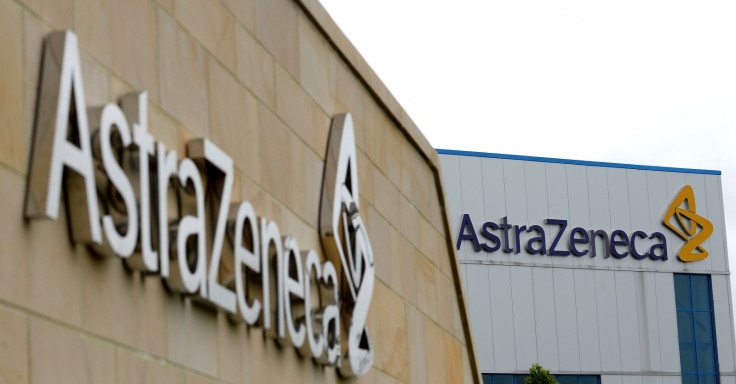AstraZeneca offsets sales decline thanks to cost cuts and tax gains
Bio-pharmaceutical giant posts 4% decline in revenue as sales of Crestor drug fall amid increase competition.

Bio-pharmaceutical giant AstraZeneca said on Thursday (10 November), that a combination of cost cuts, tax gains and income from disposals helped it offset a decline in sales in the third quarter of its financial year.
The company, which in August agreed to sell its small molecule antibiotics business to US sector peer Pfizer, said revenue in the three-month period declined 4% year-on-year to $5.7bn (£4.6bn), although core earnings per share were 28% higher than in the corresponding period in the previous year to $1.32.
Revenue was slightly lower than the $5.9bn analysts had forecast, although earnings were higher than the 90 cents per share figure economists expected.
Agreements on transfer pricing arrangements between Canadian, British and Swedish tax authorities resulted in a $453m tax benefit, while selling, general and administrative costs were 12% lower to $1.9bn as the company increased its focus on its primary therapy areas.
Meanwhile, investment dedicated to research remained steady at $1.3bn, while income deriving from the sale of certain rights to products delivered a $674bn return. However, competition from multiple generic versions of the company's cholesterol fighter Crestor dented the company's sales in the period.
"The performance in the third quarter was in line with our expectations, reflecting the transitional impact from the first full quarter of generic competition to Crestor in the US," said group chief executive Pascal Soriot.
Astrazeneca shares, which suffered a sharp drop in price last month following a setback in two studies testing immunotherapies, were down by 2% after an hour of trading on Thursday, although Soriot said the results were in line with expectations.
The London-listed company added it now expects the first submission for regulatory approval of its new blood cancer drug acalabrutinib to be made in the first half of 2017, while a trial combining its immunotherapies durvalumab and tremelimumab is forecast to report results in lung cancer in the same period.
© Copyright IBTimes 2025. All rights reserved.






















